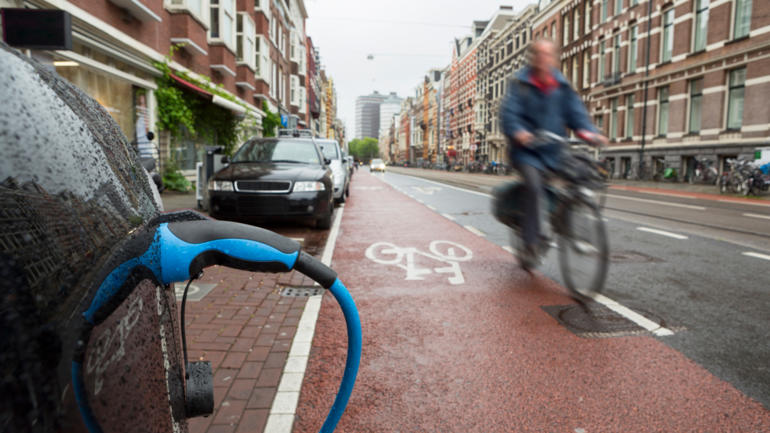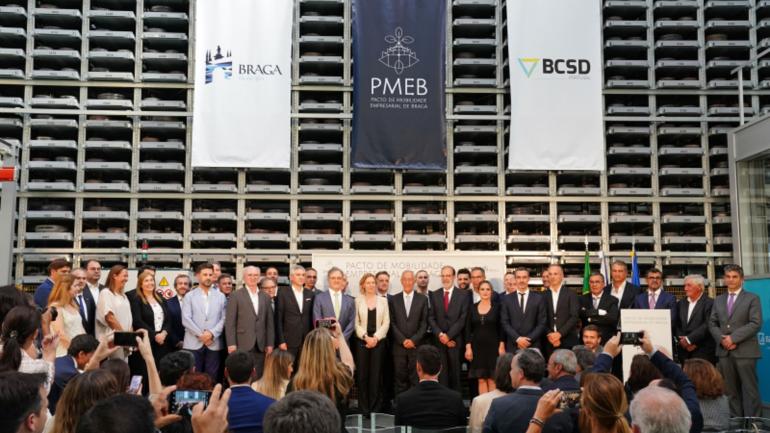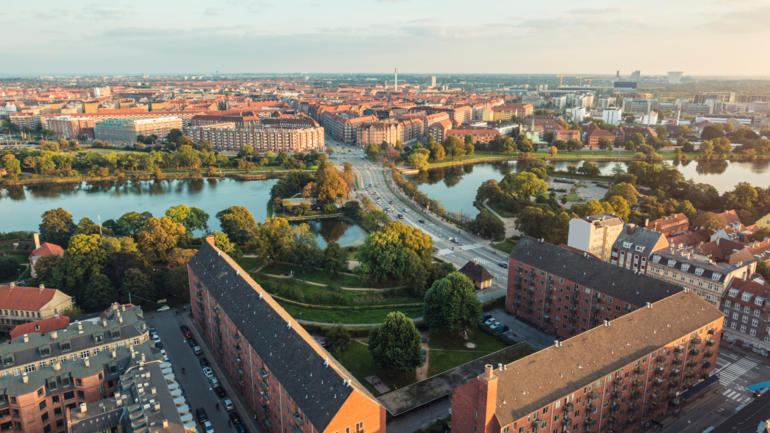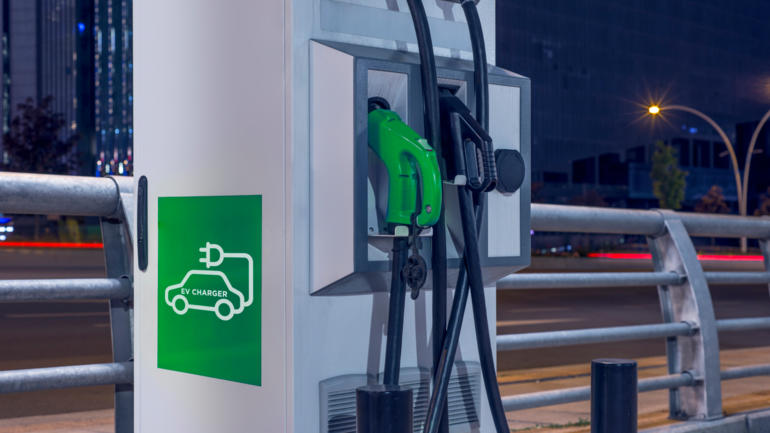Geneva, 9 September 2020: Today, on World Electric Vehicle (EV) Day, the World Business Council for Sustainable Development (WBCSD) is launching a new report documenting the EV journey of India’s first-ever all-electric car ride-hailing company. Advancing electrification of ride-hailing in India: A case study on BluSmart highlights key learnings and practical steps for businesses to adopt and scale electric fleets. By outlining the business case for EV adoption in the ride-hailing market, this resource is an important tool for building capacity in the early phase of India’s clean mobility transition
India is home to 22 of the world’s 30 most polluted cities and road transport is one of the fastest-growing sources of carbon emissions. In the wake of COVID-19, business has a vital role in making mobility systems cleaner, safer, more efficient and accessible. Disruptive companies, like BluSmart, are leading the way towards a decarbonized and sustainable future.
In 2019, BluSmart became India’s first all-electric car-hailing company. Their EV deployment experience shows that with the right business model, EVs are a profitable investment. By implementing a strategy based on innovative approaches to ownership and utilization, BluSmart has managed to solve issues faced by traditional ride-hailing fleets and proved the business case for EV adoption in the ride-hailing market. Since their launch, BluSmart has completed 5 million clean kilometers.
Ride-hailing is evolving into one of the preferred commuting forms in urban India. Given its growing size and carbon footprint, the ride-hailing market is a critical component in India’s clean mobility ambition.
In the India Business Guide to EV Adoption launched in 2019, WBCSD identified ride-hailing as one of the three most scalable use-cases for business and fleet EV adoption. Building on these conclusions, this report documents the practical experiences and lessons learned from a demonstration project on ride-hailing electrification in India. The BluSmart case study is the first out of three demonstration projects that will be covered through a series of reports. Insights from these three reports will further inform a set of policy recommendations that WBCSD is developing for the Indian government in an upcoming paper on Policy & Regulatory Measures.
“This decade is crucial for electrification of mobility in India. A slow transition would mean tens of millions of additional combustion engine vehicles on Indian roads. WBCSD is working with businesses in India to enable a faster transition to electric vehicles” said Thomas Deloison, Director, Mobility at WBCSD.
“Ride-hailing is growing fast in India and we need to ensure that this progress is sustainable. BluSmart's fleet with Mahindra’s eVerito sedan has shown that electric ride-hailing is both technically and financially viable today. This WBCSD report summarizes their implementation experience and will further help others to venture into the EV fleet segment” said Mahesh Babu, Managing Director and CEO at Mahindra Electric Mobility Limited.
“We thank WBCSD for partnering with a young startup and bringing out insights into EV adoption in the ride-hailing services through this report. Since inception, we have touched 200,000+ citizens of Delhi NCR and we are pleased by the positive feedback on electric mobility and people's enthusiasm to make a change in their everyday lives by adopting a cleaner and greener way of traveling. We believe that the sheer impact on air quality and climate change will make electric ride-hailing the preferred way for India to move forward. At BluSmart it is our commitment to accelerate the adoption of affordable shared electric mobility and improve the safety and quality of life in our cities”, said Anmol Jaggi, Co-Founder and CEO at BluSmart Mobility.
For more information, please contact Jasmeet Khurana.








